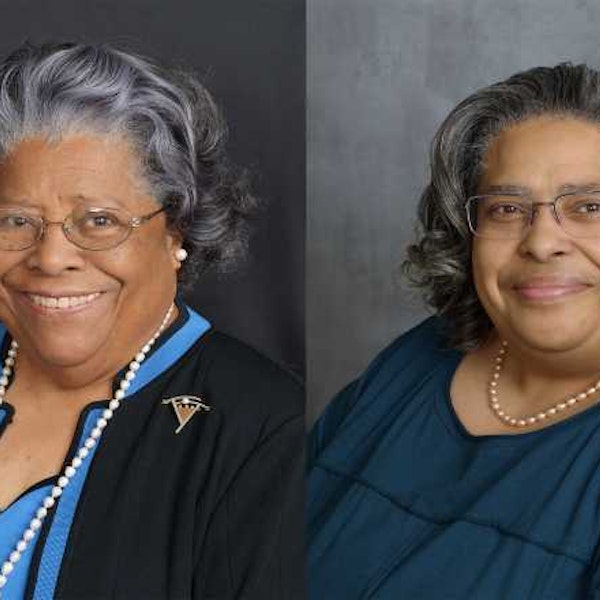Illinois Convention for Colored People Held in Alton, IL
Born free, John Jones apprenticed with a tailor in Memphis, Tennessee. He came to Alton in 1840 to marry his ladylove and establish a business.
Unbeknownst to him, laws governed his arrival in the state. They required his registration, the provision of references to his good character, and the payment of a $1,000 fee. Disgusted by the inequality of these requirements, Mr. and Mrs. Jones left Alton, settling in Chicago with a mission to change the laws. Together they were involved in the Underground Railroad and growing his business. Eventually, Jones came to own sixteen blocks of what is now the Chicago Loop. He was a wealthy, well-respected businessman with political influence.
By the fall of 1856, the country was focused on the machinations of a hotly contested Presidential Election in which the question of slavery and state's rights were paramount. John Jones and the men gathered on November 13th in Alton, Illinois, were likewise focused on citizenship rights and liberties even though they were barred from voting in any such election. These men paid taxes to support schools their children could not attend. They could not bring suit against another man. Exercising their constitutional right to peaceably assemble and petition the Government for a Redress of Grievances was yet another volley in their lifelong fight for justice.
First, in Ohio, in 1830, Colored citizens gathered formally to strategize against exclusionary laws and violence. More than 200 Colored Conventions are known to have taken place across the county. In more than 20 states and the District of Columbia before the turn of the century, men, women, and supporters gathered. Some of these gatherings addressed general grievances in a particular state, while others were national in scope. There were seven Illinois State Colored Conventions between 1853 and 1889 and one national meeting held in Chicago.
From the proceedings of the 1856 Convention held at the African Baptist Church, later Union Baptist Church in Alton, we know John Jones was one of the delegates from Cook County and that the delegates from Madison County were C.C. Richardson, I. Kelly, Louis Overton, E. White, H. Douglas King, James H. Johnson, and Rev. R. J. Robinson. Representing Macoupin County were L. Magee and J. Samuels.
In his opening remarks, the President of the committee, William Johnson of Cook County, thanked his fellows for choosing him to fill the position and stated, "You are assembled for the purpose of devising means for the repeal of those odious enactments that now disgrace the "Statues Books" of Illinois. I trust you will conduct your deliberations with harmony and order . . ." Over the three days of the convention, the delegates and guests worked in concert, resulting in the formation of a state-wide Repeal Association. The Association was to hire agents who would travel throughout the state, holding county conventions, township meetings, lecturing, circulating petitions, and otherwise bringing to light the Black Codes' oppressive and unjust nature. Likewise, these agents were to be charged with collecting statistics on the wealth, education, mental and moral conditions of colored people throughout the state. Their reports to the Association would shape continuing efforts.
It took nine years of collective effort to see the Illinois State Legislature repeal the Black Laws in 1865. It was another five more years until the 15th Amendment, which states, "The right of citizens of the United States to vote shall not be denied or abridged by the United States or by any State on account of race, color, or previous condition of servitude." Yet, the fight for justice and equal rights continued through Conventions, marches, and additional legislation.
About the Author

Charlotte E. Johnson & Reneé B. Johnson